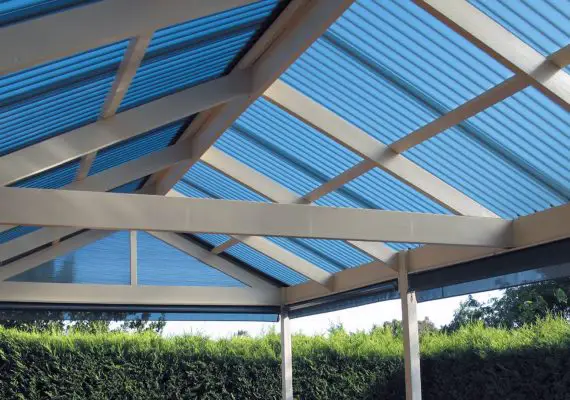What Does Roof Repointing Mean In Construction?
What Does Roof Repointing Mean In Construction?
Roof repointing refers to the process of applying a layer of flexible pointing material along with cement mortar over the roof bedding to secure the roof tiles and ridge tiles in place and prevent water damage.
Ridge tiles, also known as capping tiles are located on tiled roofs and work to prevent water damage. The repointing material acts as a seal that prevents moisture, water and dust from penetrating the roof, thus ensuring greater structural integrity and protection against harsh elements such as strong winds.
The repointing material is designed to expand and contract with different weather conditions and seasons. However, regular maintenance such as a roofing inspection is necessary to keep the roof in the best possible condition.
If left unchecked the pointing material can crack and deteriorate which can lead to water leaks and damage to the interior of the home. Therefore, it is essential to ensure that the roof is well-maintained to avoid costly repairs in the long run.
How Do You Know If Your Roof Needs Repointing?
Repointing is the process of repairing the mortar between the tiles of a roof. It is essential to keep the roof structurally sound and waterproof, preventing leaks and reducing the need for repeat maintenance. If your property was constructed before 1995 and you haven’t updated the roof since then, it’s likely that the pointing is made of cement mortar. In such a case, repointing should be considered to ensure the integrity of the roof.
There are various signs of roof damage that may indicate the need for repointing. Loose tiles, roof leaks, excess moisture, missing roof tiles and granules in the gutter are some of the most common signs that the pointing is failing.
Water penetration through the roof due to worn or damaged pointing is a common cause of leaks and excess moisture. The pointing plays a vital role in holding the roof tiles in place, and if it is damaged or worn out, the tiles can loosen or fall off, leading to potential structural damage.
If you notice any granules or pieces of tile in the gutters, it may be an indication of damage to the roof. As the tiles slide off the roof, they leave behind debris that can accumulate in the gutter, potentially blocking it and causing water to overflow.
It is essential to get a professional roofer to inspect your roof if you detect any signs of damage, including leaks or excess moisture. The professional roofer can assess the condition of the roof and determine if repointing is necessary.
Repointing can help prevent costly moisture issues and leaks, ultimately protecting your property from further damage.
In conclusion, if you notice any signs of damage to your roof, such as loose or missing tiles, roof leaks, or excess moisture, consider getting your roof inspected by a professional and having it repointed if needed. This proactive approach can prevent costly damage and ensure the longevity of your roof.
How Often Should I Have My Roof Re-Pointed?
It is recommended to have a professional inspect your roof at least every 10 years or sooner if signs of cracking, breaking or general wear and tear are present.
Re-pointing involves chipping away the old mortar between the roof tiles, cleaning away any debris and then filling in the gaps with new mortar using a pointing trowel.
Factors that may increase the need for re-pointing include exposure to inclement weather and more frequent cycles of expansion and contraction due to extreme temperatures. Ultimately it is best to consult with a licensed roofer for an accurate assessment of when your roof needs re-pointing.
Why Should I Have My Roof Re-Pointed?
Re-pointing your roof is an essential maintenance task that involves renewing the mortar between the tiles or slates on your roof.
Over time, weathering and natural wear and tear can cause the mortar to crack and become loose, allowing water to seep through the gaps and into your home. This can cause water damage to your roof and its internal structures, leading to problems such as damp, mold and rot.
Re-pointing your roof will help to prevent water from penetrating through the gaps in the mortar, protecting your roof from water damage and maintaining the structural integrity of your home.
By having your roof re-pointed you can also help to extend the lifespan of your roof and prevent costly repairs or replacements down the line.

